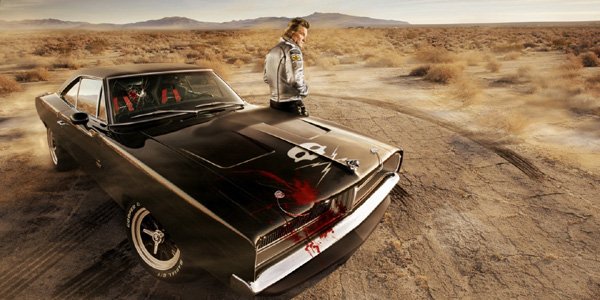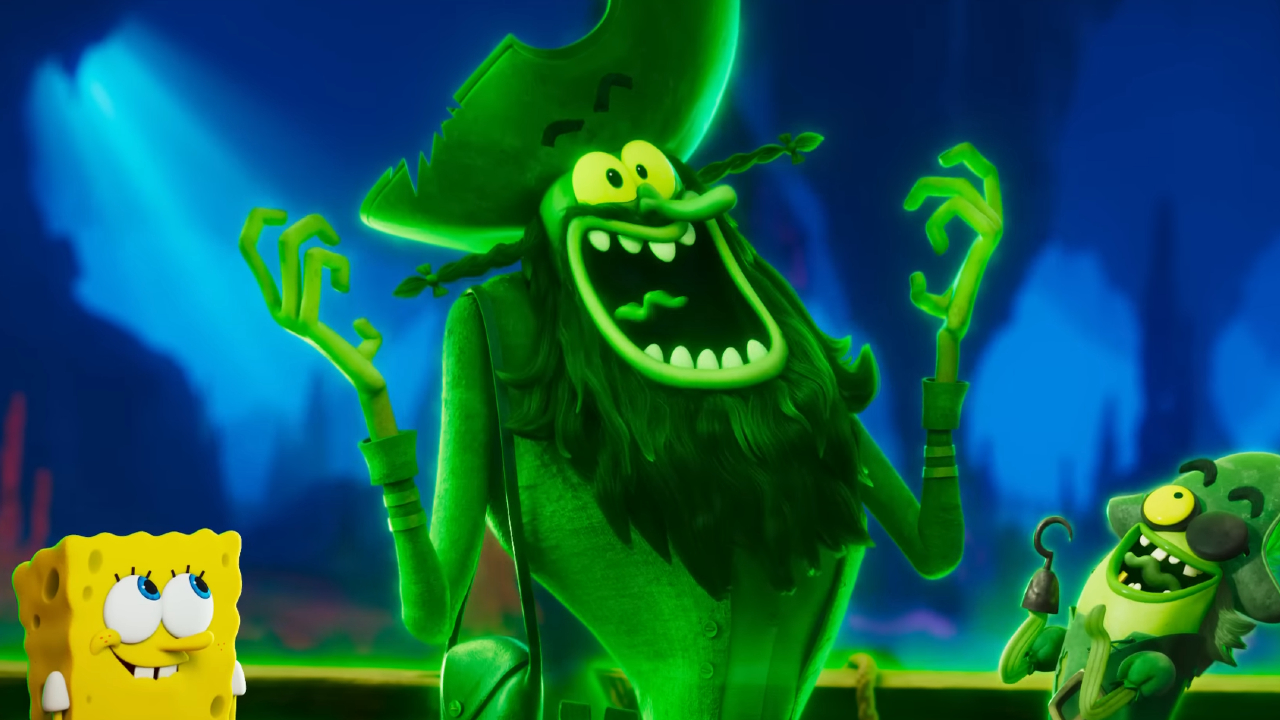The Lesson Quentin Tarantino Learned From Grindhouse's Failure

Quentin Tarantino has experienced tremendous success throughout his entire career, but there is one notable title on his resume that didn’t go as planned at the box office. When released in 2007, the double-feature Grindhouse wound up being unable to find an audience, despite a large number of big names attached to it. Obviously Tarantino has bounced back in a big way since then, but he did take one very important lesson from the experience: he can’t expect the audience to go along with him on every single idea.
The filmmaker is currently hard at work putting together his next big feature, The Hateful Eight, but took time out of his busy schedule to sit down for a lengthy interview with Vulture, and it was actually while talking about his greatest successes that Tarantino began to talk about his greatest failure. Asked if the big box office takes for both Inglourious Basterds and Django Unchained has effected the way he approaches his projects, the director denied it, but then added what he learned in the aftermath of Grindhouse:
I learned a big lesson with Grindhouse, and I try not to repeat the mistake. Robert Rodriguez and I had gotten used to going our own way, on these weird roads, and having the audience come along. We’d started thinking they’d go wherever we wanted. With Grindhouse, that proved not to be the case. It was still worth doing, but it would have been better if we weren’t caught so unaware by how uninterested people were.
The approach to Grindhouse was fairly simple: Robert Rodriguez and Quentin Tarantino teamed up to make two movies as nods to the culture of grindhouse filmmaking, Planet Terror and Death Proof, and then released them in theaters as a special double feature with fake trailers in between. The experiment received a lot of hype, and the project actually got great reviews, but the audience never turned up. After costing $67 million to make, it wound up only pulling in a little over $25 million by the time it was done in theatrical release.
As a result of Grindhouse’s failure, studios actually began to approach Quentin Tarantino in a "director for hire" capacity – and worked to try and sell him on making projects like Green Lantern, The Man From U.N.C.L.E. and a remake of Westworld. Given the headspace that Tarantino was in after his 2007 flop – feeling that his audience had abandoned him – one must wonder just how close the filmmaker got to saying "yes," but it’s a testament to his fortitude as an artist that he went on to continue developing his own stuff and created the biggest hits of his career thus far.
What’s also great about Quentin Tarantino is that he hasn’t let the disappointment of Grindhouse stop him from being experimental with distribution. As we learned earlier this summer, he has very special plans for the release of The Hateful Eight, and will be bringing the film around the country as part of a special 70mm projection tour. Hopefully he’ll find proper support from the film-going community this time around.
Your Daily Blend of Entertainment News

Eric Eisenberg is the Assistant Managing Editor at CinemaBlend. After graduating Boston University and earning a bachelor’s degree in journalism, he took a part-time job as a staff writer for CinemaBlend, and after six months was offered the opportunity to move to Los Angeles and take on a newly created West Coast Editor position. Over a decade later, he's continuing to advance his interests and expertise. In addition to conducting filmmaker interviews and contributing to the news and feature content of the site, Eric also oversees the Movie Reviews section, writes the the weekend box office report (published Sundays), and is the site's resident Stephen King expert. He has two King-related columns.
